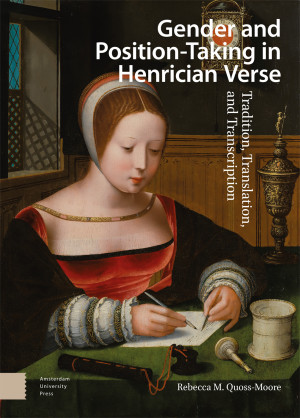Tradition, translation, and transcription in Henrician verse functioned together in systems of communally created, coded position-taking. Understanding this system as an extensive network of production and reception in which women took on many roles allows for new readings of Henrician verse that emphasize the interpretive range available to contemporary reading and writing communities. This restoration demasculinizes our approach to Henrician verse not only through a more equitable consideration of gender’s functions in that social world, but also in de-emphasizing individualized self-fashioning or authorial intent in favor of an engagement with communal production and shared sociopolitical engagement. The creation in this system is not of a code, but of systems for coding and recognizing position-taking. These communal systems offer a site for the intersection of reader and writer, of transcriber and composer, and of King and courtier in a space that questions, creates, and troubles power in the Henrician court.





